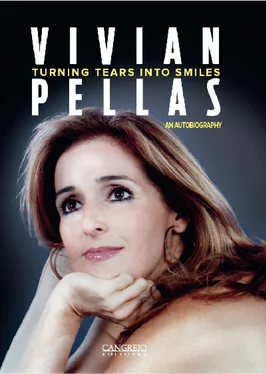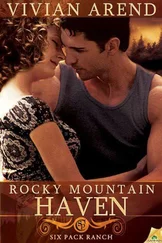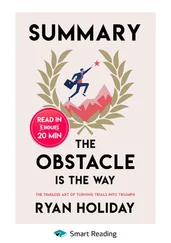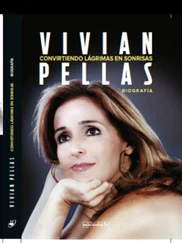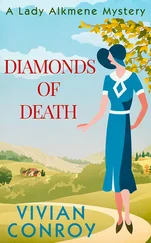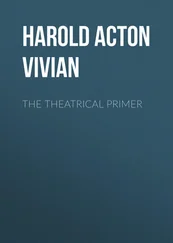I was deeply attached to my mon. Being separated from her caused immense heartache for the both of us. I had spent a year at Barry College, but had to give up my studies, because Mom longed to see me so much and couldn’t stand our separation. I had created a deep-seated dependency with her and decided to return to her side. We both needed each other. However, this experience taught me that dependency is not good. Mom didn’t drive, and I, who was her “driver,” was always ready to take her to the shops. We both provided each other with a lot of companionship and spent our time very happily together. Those were beautiful moments!
I was admitted to Centro Americana University - UCA, the first private university in Central America. There I studied Humanities and History for three years, with great teachers that I remember with special admiration.
In the meantime, my relationship with Carlos continued. He was never a difficult man. He was never still; he was always on the go. He was lighthearted as well as tireless! However, he was dominant at times. The vision of what I wanted to do with my life was becoming stronger. I was not attracted to Carlos for his economic status. My love for him was greater than the ambition that any woman could ever feel for a man of his standing.

Vivian and Carlos at a costume party. Granada, Nicaragua, 1973.
The distance strengthened our love. The desire to see each other on every trip that Carlos made to Nicaragua was increasingly stronger, and we felt the need to share our daily experiences. A couple of times I would go to California to see Carlos without my parents knowing. I was traveling for the weekend and I would stay with him for four days. When I returned, I would write him letters telling him about what I was doing in his absence. Other times, when he came to Nicaragua, and my father didn’t give me permission to go out, I would sneak out the kitchen door with my mother’s consent. When I had Dad’s approval to go out, my mom would turn the clock hands back so that I could enjoy a little more time with Carlos. They never game me the keys to the house, and Mom always stayed awake, sitting on the living room couch, waiting for me.
Another way we found to communicate was the ham radio system. Carlos was a big fan of it. That system could support communities at risk in emergency situations. For years, demonstrating skill in using Morse code was required to obtain a ham radio license. Carlos got his and would install it wherever he was. At the same time, making long-distance calls at that time was extremely expensive, so this little solution saved us a lot of money for five years!
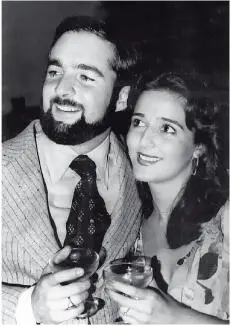
Vivian and Carlos on the day of their engagement. Managua, Nicaragua, 1975.
In fact, our long-distance relationship worked quite well. I used the phone and Carlos was on his radio. However, it wasn’t easy to speak freely with this technology, because I would say, for example, “Carlos, I love you very much, over and out”. . . and anyone could hear the conversation. So, we had to develop a private code to achieve the desired communication. Mine was: “Two happy hearts” and his was: “Potato Charlie, a broken heart.”
We set the month of our wedding for September of the following year. Carlos had to finish his master’s degree, and at the end of it work for two months in a bank in the United States to gain more knowledge as a Finance major. My mom and I spent that time preparing the wedding. After his two months of work at the bank were over, Carlos decided to return from San Francisco to Nicaragua by land. He did so in the company of his brother Alfredo. A trip that should have taken a week ended up taking a month and a half. I was upset because I wanted him to be with me to decide certain details of the wedding. He showed up in August with a big smile on his face, one month before the wedding, claiming that this trip was his “bachelor’s party.”
During his last vacation in December 1975, he had given me the engagement ring at home, in front of my parents, my grandparents, and his parents.
My family was delighted. Their beloved daughter was getting married.
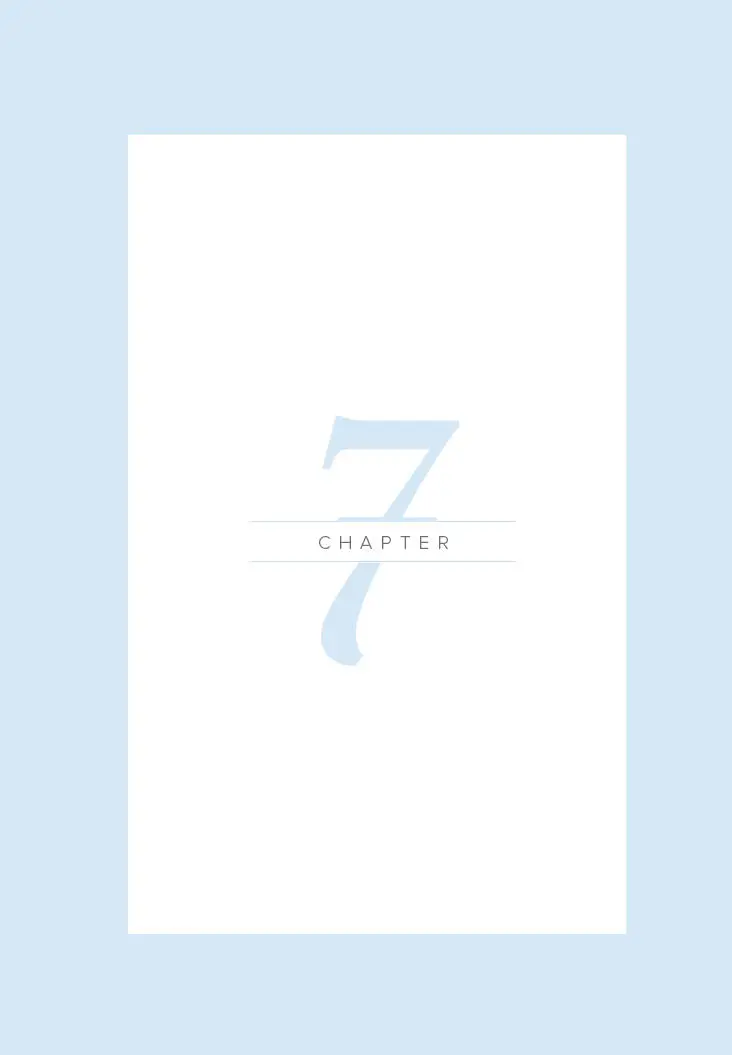
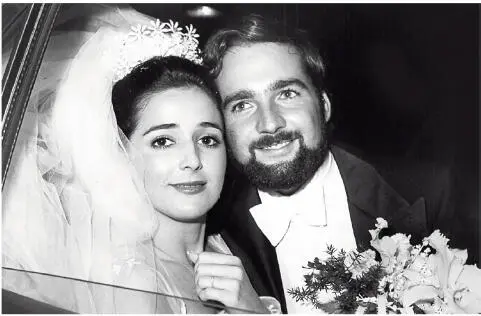
VVivian and Carlos on their wedding day. Managua, Nicaragua, September 4, 1976.
Happiness Knocks at My Door
Carlos came into my life to stay. Without realizing it, he became part of my very being. He was more than I could have ever imagined. He was my dream, but he also represented my longing for freedom. His presence filled me completely. His enormous intelligence and personality always captivated others, and I was no exception.
Love was also a form of independence. Carlos transmitted his confidence to me, and I started to have more confidence in myself. And with him, I learned to say “No” . . . well, at least . . . sometimes!
The five years of our long-distance relationship ignited the flames of a love that has not yet been extinguished. I totally fell in love with him, with that pure and true love. He, as a person, filled my spaces. My father taught us that people should be appreciated for their true value, meaning for what they were, and not for what they had. Without a doubt, in addition to the way my exile from Cuba marked me, that lesson put my feet on the ground. I could have had nothing, but my morale was always high in that regard. My parents related to people for what they were and not for what they had. I married Carlos for love.
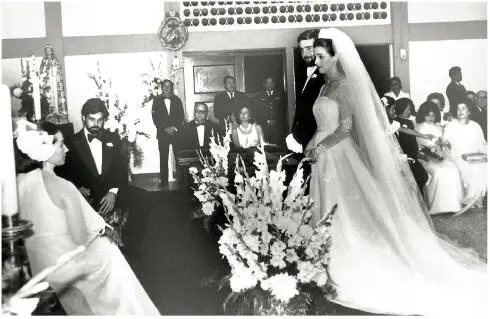
Vivian and Carlos on their wedding day. Managua, Nicaragua, 1976.
To my parents, Carlos was a son who filled, to a large extent, the void that my brother Alejandro had left.
The wedding at the Church of San Francisco was organized by my parents and some details were agreed upon with Doña Nena, my mother-in-law. Carlos had chosen his godparents and I had chosen mine. However, following protocol, our main godparents had to be President Anastasio Somoza and his wife Doña Hope Portocarrero Debayle. For Carlos’s family, this was a bitter pill to swallow. This was particularly true for his father, Alfredo Pellas, since he was part of the opposition. My father had previously spoken to him to explain he had invited the president as a token of gratitude for the decent treatment he had given Cuban exiles. Alfredo Pellas, who was ever a gentleman, answered: “Pepe, whatever you want is fine.”
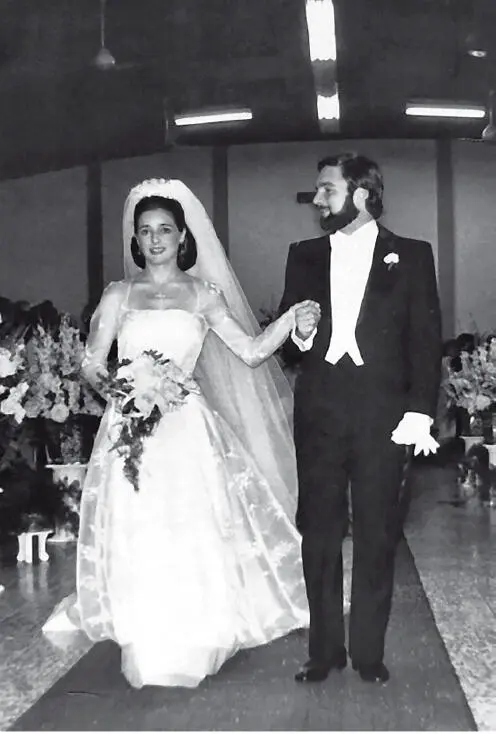
Vivian and Carlos on their wedding day at the Church of San Francisco. Managua, Nicaragua, 1976.
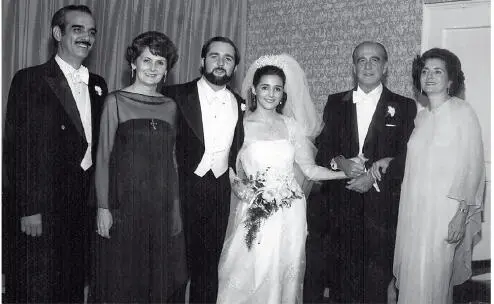
Vivian and Carlos with their parents. Managua, Nicaragua, 1976.
Читать дальше
